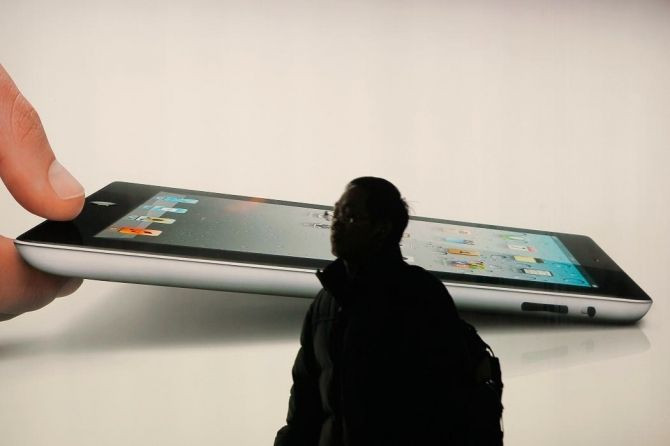Chinese Teen Trades His Kidney for iPhone and iPad

A surgeon and four people in southern China have been charged with intentional injury in the case of a 17-year-old boy who sold a kidney for an illegal transplant operation so he could buy an iPhone and an iPad, according to the state news agency on Friday.
The boy, identified only by his surname Wang, now suffers from deteriorating renal deficiency, a condition in which the kidneys fail to adequately filter toxins and waste products from the blood, prosecutors in Chenzhou city, Hunan province said, according to Xinhua News Agency.
While prosecutors did not identify who received and paid for the kidney, one of the defendants received about 220,000 yuan (about $35,000) to arrange the transplant, and paid Wang 22,000 yuan ($3,500) and split the rest with the surgeon, three other defendants and other medical staff.
The teen from Anhui, one of the poorest provinces in China, where residents typically leave to find work and a better life elsewhere, was recruited from an online chat room, where he had agreed to the April 2011 operation in the central province of Hunan without parental consent, according to the report.
When Wang’s mother asked him where he got the money to buy the iPhone, which typically costs 3,988 yuan ($633), and iPad, the price which typically begins at 2,988 yuan ($474), he admitted to selling a kidney.
One of the defendants was a gambling addict identified as He Wei, the middle-man between a hospital worker and the teenager, who was paid 22,000 yuan. Prosecutors are still investigating the other suspects involved in the case.
The Chinese Health ministry statistics indicated that about 1.5 million people in China need transplants, but only around 10,000 transplants are performed annually, which leads to patients travelling overseas for such operations and to a thriving black market for human organs.
In 2007, China banned human organ trading, Xinhua said. However while, international human rights groups have long accused China of harvesting organs from executed prisoners for transplant without the consent of the prisoner of their family, the Chinese government has denied such charges.
Last month, Xinhua also reported that the country’s vice minister of health Dr. Huang Jiefu said that China planned to end the practice of taking organs from executed prisoners within three to five years.
Instead, Dr. Huang said that the country will rely on a new national donation system for organ transplants at a conference in the city of Hangzhou on March 22.
Chinese health officials had said that the sheer volume of organs needed and insufficient organ donations by the public may make the country’s plan to reduce reliance on prisoners for organ donation difficult to achieve within the timeframe set out.
While Dr. Huang had not brought up any ethical issues involved in taking organs from prisoners during last month’s conference, he said that organ donations from prisoners were not ideal because rates of fungal and bacterial infection in prisoner organs were quite high, and affected the long-term survival rates of those who undergo the transplants.
While officials banned organ trafficking five years ago, it still remains a problem.
The state media reported that the government adopted a revision to China's Criminal Law to single out criminal activity related to transactions involving human organs. Criminals convicted of "forced organ removal, forced organ donation or organ removal from juveniles" could face homicide charges as a result of the revision, Xinhua said in March.



























